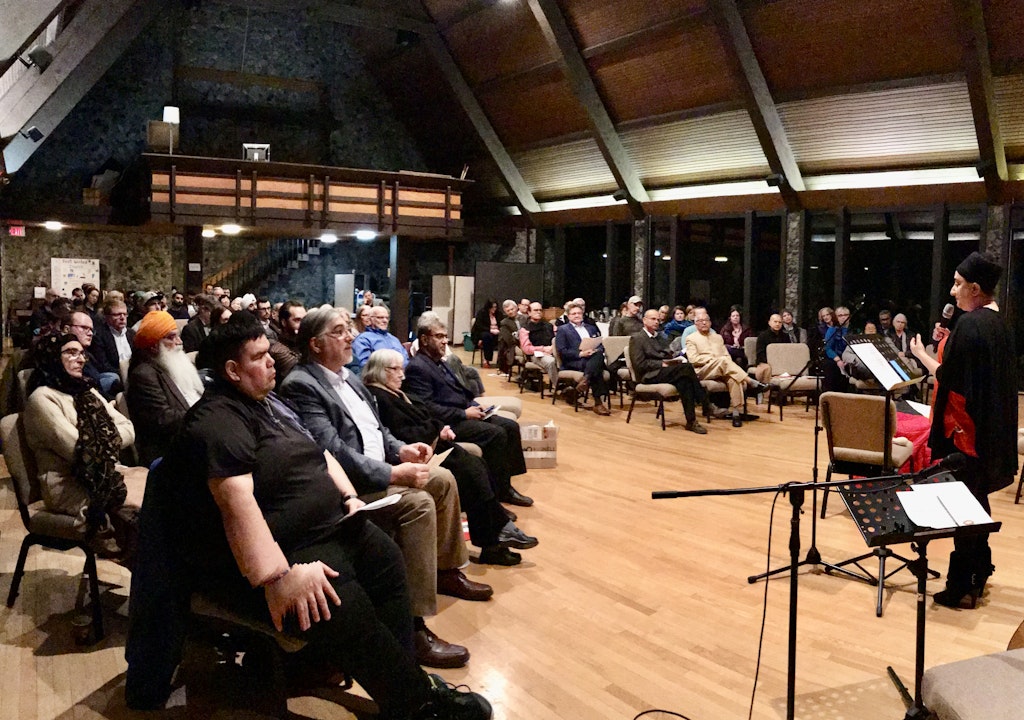The concept of salvation, often cloaked in metaphor, evokes a multitude of interpretations across diverse religious paradigms. Within the Baha’i framework, the notion of an “Agent of Salvation” transcends simplistic definitions by encompassing a rich tapestry of theological and philosophical insights. This article delves into the Baha’i perspective on salvation, drawing from its foundational teachings and highlighting the unique appeal wrought by this worldview.
At the heart of Baha’i theology lies the belief that the divine impetus for salvation is anchored in the teachings of Manifestations of God, who navigate the ethereal seas of human existence as beacons of light. These Manifestations, including Baha’u’llah, the founder of the Baha’i Faith, serve as intermediaries between the divine realm and humanity. Each Manifestation embodies an unparalleled aspect of divine attributes, effectively acting as the venerated agents of spiritual enlightenment.
To comprehend the Baha’i perspective on salvation, one must first explore the intricate relationship between humanity and the divine. Baha’i teachings propound that the relationship is not merely transactional; rather, it is profoundly relational, emphasizing an ever-evolving dialogue between God and humankind. The soul, envisioned as a luminous entity traversing the corporeal realm, yearns for connection with its Creator. This yearning embodies the impetus for spiritual growth and transformation.
In the Baha’i view, the process of salvation involves both individual and collective dimensions. This duality enriches the Baha’i understanding, as it posits that personal salvation cannot be extricated from the broader spiritual evolution of society. Individuals are encouraged to become conscious architects of their own spiritual destinies, engaging actively in the pursuit of virtue, truth, and justice. Such active participation signifies that salvation is not a passive endeavor. Instead, it is an engaging journey, marked by struggle, introspection, and ultimately, triumph over the self.
Central to this notion is the concept of the “Greater Peace,” a metaphysical state wherein humanity reconciles its intrinsic diversity through unity. Baha’i teachings elucidate that this collective salvation necessitates the transcendence of prejudices and divisions that fragment human society. The metaphor of a diverse yet harmonious garden serves to epitomize this principle. Each flower, unique in its color and shape, contributes to the garden’s overall beauty, reflecting the multiplicity of human experiences and identities. Thus, the nurturing of this garden demands an unwavering commitment to understanding and empathy.
The transformative journey toward salvation hinges upon the elucidation of core virtues. Within the Baha’i lexicon, virtues serve not merely as ethical guidelines but as the very fabric that binds humanity to divinity. Attributes such as love, service, and justice are heralded as pivotal in crafting an environment conducive to spiritual growth. The pursuit of these virtues is thus viewed as an intrinsic aspect of human existence, functioning as the navigational compass guiding the soul toward its celestial origin.
Moreover, the Baha’i teachings underscore the interdependence of humanity and the natural world. Ecological stewardship and the sanctity of the environment emerge as essential components of this salvation narrative. The metaphysical affinity between humanity and nature is rendered tangible through the lens of servitude. Just as Manifestations of God embody divine qualities, so too must individuals exemplify their principles through stewardship, thereby participating in the regenerative work of creation.
Equipped with the rich metaphors of continuity, growth, and interdependence, the Baha’i perspective elevates the concept of salvation beyond personal liberation. Salvation manifests as a communal endeavor—an overarching quest for a world where equity and justice reign supreme. The Baha’i community actively engages in the collective application of spiritual principles through grassroots initiatives aimed at social transformation. The resultant tapestry of these efforts weaves a narrative of hope, where justice and equity are not merely aspirational ideals but tangible realities.
In examining the Baha’i interpretation of the “Agent of Salvation,” it is paramount to recognize the interplay between faith and action. Knowledge, while indispensable, is rendered incomplete without corresponding action. The Baha’i teachings stress that the flame of faith illuminates the path toward deeds that resonate with divine intention. Thus, the transformative process of salvation necessitates both intellectual engagement and personal commitment to serving humanity.
As Baha’is traverse this intricate journey toward spiritual fulfillment, the emphasis on unity within diversity emerges as a profound call to action. This paradigm invites adherents to not only seek personal enlightenment but also to extend their gaze towards the collective welfare of humanity. The metaphor of the “ocean” captures this essence, where individual souls are likened to droplets, each possessing distinct attributes, yet culminating into a vast, cohesive body of collective consciousness. Such a metaphor encapsulates the Baha’i ideal of oneness, underscoring the interconnectedness of all souls.
Ultimately, the Baha’i perspective on the Agent of Salvation invites individuals to embark on a multifaceted journey—a synthesis of personal introspection, community engagement, and a relentless pursuit of justice. It illuminates the path toward a spiritually enriched existence, where love serves as the guiding force. In this grand odyssey, the metaphors employed not only reflect theological profundities but invite practitioners to engage with the divine through both heart and mind, fostering an atmosphere of hope amidst the complexities of modern life.
